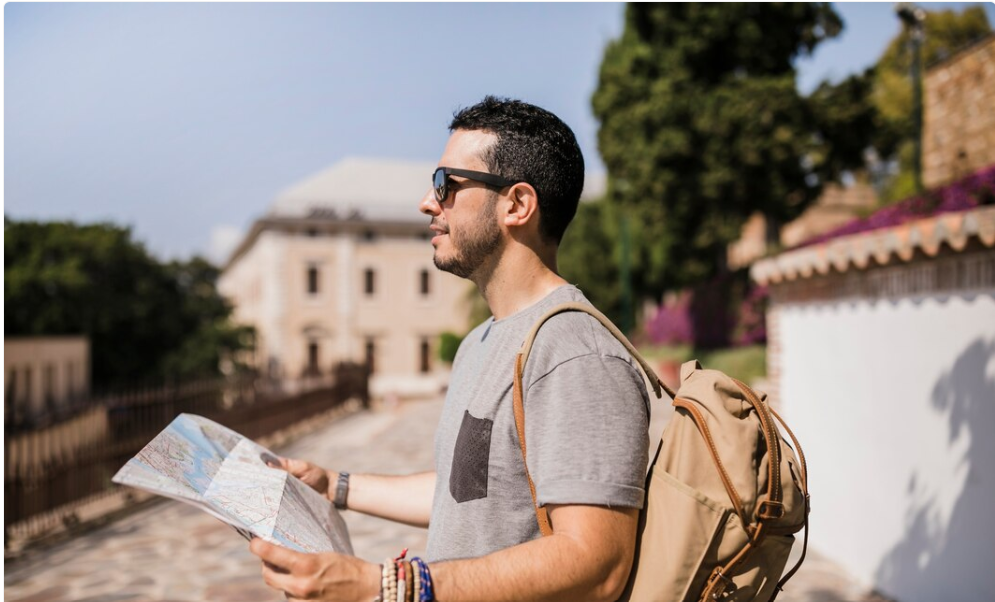Digital Nomad Relocation to Italy: What You Need to Know Before You Go
Italy has long been a dream destination for travelers, food lovers, history enthusiasts, and romantics alike. But in recent years, it’s also become an increasingly popular haven for digital nomads. With its breathtaking landscapes, dynamic cities, welcoming locals, and an increasing number of co-working spaces, Italy offers a compelling mix of lifestyle and work flexibility. If you’re considering making the move, here’s everything you need to know before relocating as a digital nomad to Italy.
1. Understanding the Digital Nomad Visa
Italy is actively embracing the remote work trend. In 2022, the Italian government introduced a new visa specifically designed for digital nomads and remote workers from non-EU countries. Known as the “Digital Nomad Visa,” it permits qualified individuals to reside in Italy while working remotely for a company based outside of the country.
To be eligible, applicants must meet specific criteria, including:
- Proof of employment or self-employment with a foreign company or clients
- A stable income that meets the minimum threshold set by the Italian government
- Valid health insurance coverage for your stay in Italy
- No criminal record
The visa generally allows you to stay for up to one year, with the possibility of renewal. Be sure to consult with an immigration attorney or the local consulate for the most up-to-date requirements and application process.
2. Choosing the Right City
Italy’s diversity in culture, geography, and cost of living means you have a wide array of cities and towns to choose from depending on your personal preferences and work style. Here are some popular options:
- Rome: The capital offers a buzzing cosmopolitan atmosphere, rich history, and endless cultural experiences.
- Milan: Italy’s fashion and business hub, perfect for those who thrive in a fast-paced environment.
- Florence: A haven for art lovers and those seeking a balance between city life and Tuscan charm.
- Bologna: Known for its prestigious university and vibrant student population.
- Bari or Palermo: Southern cities offering beautiful coastal settings at a lower cost of living.
Many digital nomads also opt for smaller towns or rural areas for a more peaceful lifestyle, but it’s essential to ensure you have reliable internet connectivity and access to necessary amenities.
3. Cost of Living in Italy
While Italy offers a relatively affordable lifestyle compared to other Western European countries, the cost can vary significantly depending on your chosen location. Milan and Rome are among the most expensive cities, whereas regions like Sicily, Calabria, and Puglia offer a more budget-friendly alternative.
On average, a digital nomad might expect to spend:
- Rent: €500–€1,200/month depending on the city and type of accommodation
- Groceries: €200–€350/month
- Dining out: €10–€30 per meal
- Transportation: €35–€50/month for public transport
- Co-working spaces: €100–€250/month
It’s advisable to budget conservatively and factor in occasional travel, leisure, and unexpected costs.
4. Internet and Work Infrastructure
Italy’s internet infrastructure has significantly improved in recent years. Major cities and towns generally offer reliable high-speed connections, with 4G and 5G access widely available. Many digital nomads prefer renting apartments with fiber-optic internet or working from co-working spaces that offer fast Wi-Fi, networking opportunities, and modern amenities.
Popular co-working brands in Italy include Talent Garden, Impact Hub, and Regus, with numerous independent spaces spread across the country.
5. Navigating Language and Culture
While English is spoken in tourist areas and among younger populations, learning basic Italian will greatly enrich your experience and ease everyday interactions, especially in smaller towns. Italians are generally welcoming, and making an effort to speak the language can open doors to deeper social and professional connections.
Italy also values in-person communication and relationships. Be prepared for a more relaxed approach to time and formalities compared to other countries. Patience and cultural adaptability are essential for a smooth transition.
6. Setting Up Your Finances
Before moving, consult your bank to understand international transaction fees and whether they partner with any Italian banks. Some digital nomads choose to open a local bank account or use international services like Wise or Revolut for more convenient currency exchange and payment options.
Italy has a complex tax system, and while digital nomads working for foreign entities are often exempt from local taxes, it’s important to consult a tax professional to ensure compliance with both Italian and home-country regulations.
7. Healthcare and Insurance
Italy boasts one of the best healthcare systems in the world. If you’re staying long-term under a digital nomad visa, you may be required to purchase private health insurance or enroll in the Italian national health service (SSN) once eligible.
For short stays, travel insurance with comprehensive health coverage is strongly recommended. Always read the fine print and make sure it covers emergency care, hospitalization, and COVID-19-related services.
8. Tips for a Smooth Transition
- Secure accommodations in advance: Platforms like Airbnb, Spotahome, or local rental agencies can help.
- Understand local transportation: Most cities have efficient public transport; owning a car is not always necessary.
- Join expat communities: Facebook groups and Meetup events can help you integrate and stay informed.
- Carry essential documents: Keep a digital and physical copy of your passport, visa, insurance, and bookings.
Preparing ahead and keeping flexible will help you make the most of your time living and working in Italy as a digital nomad.
Conclusion
Relocating to Italy as a digital nomad is a dream within reach, combining the best of modern work flexibility with rich cultural immersion. With careful planning and an open mind, you can enjoy la dolce vita while staying productive in one of the world’s most inspiring destinations.
Stay Connected for More Travel and Lifestyle Inspiration. For more insights into travel, culture, and lifestyle tips, follow me on
@salvadorordorica. If you’re seeking professional translation and localization services to enhance your global ventures, visit
The Spanish Group — your trusted partner in bridging cultures worldwide.



